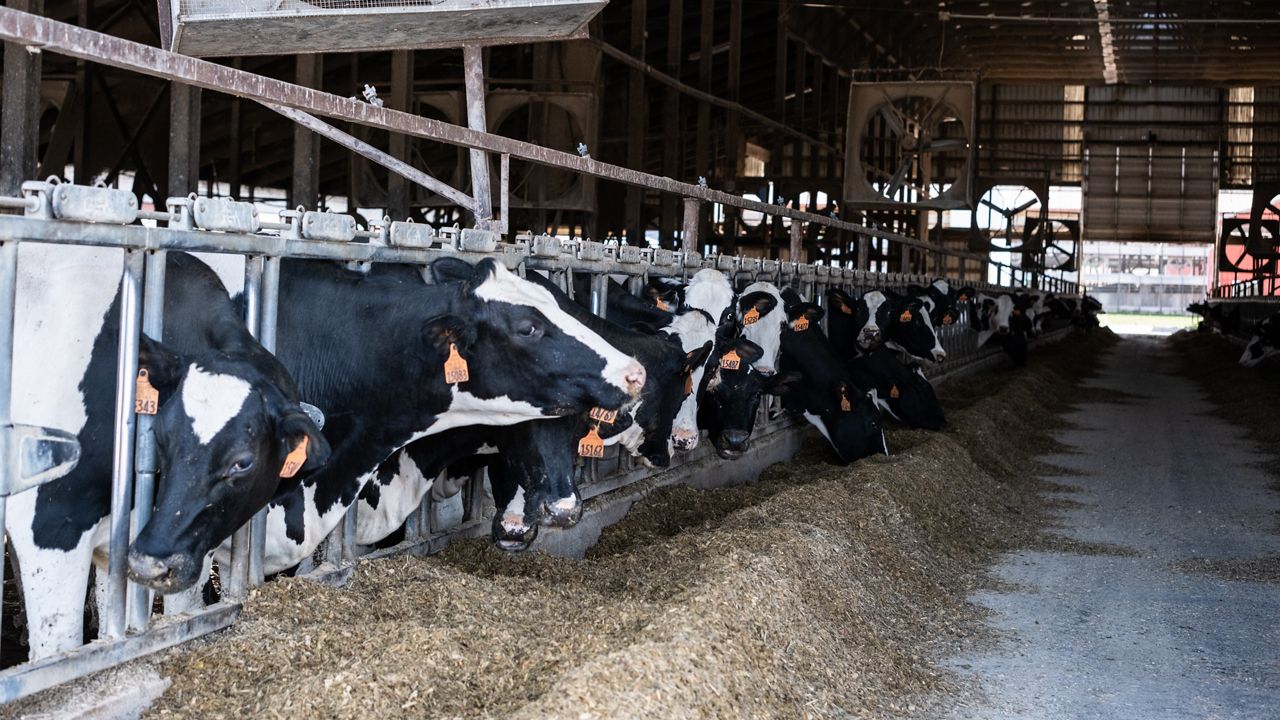As farmers and advocates continue to wait for Republicans and Democrats to come to an agreement on a new version of the Farm Bill, the House and Senate agriculture committee chairs have released their overviews.
The 2018 Farm Bill expired in December but was extended through the rest of 2024 because lawmakers could not agree on an updated version. However, with costs rising, particularly since 2018, farmers have pushed lawmakers to renew the bill quickly.
Both overviews push to expand and modernize the dairy margin coverage program, price loss coverage and the agricultural risk coverage programs, which the farm bureau has supported.
There is bipartisan agreement to spend funding from the Inflation Reduction Act to cover conservation practices and programs like the Enviornmental Quality Incentives Program (EQUIP), which gives farmers financial assistance to implement conservation practices on their farms.
Additionally, both plans lay out more support for specialty crop insurance, which has been an ongoing issue in New York.
“The weather can be unpredictable and disaster programs are important, so just including specialty crops into the crop insurance program would be wonderful and something that we’ve been supportive of for a very long time,” Oeser said.
Specialty crops make up a large portion of agriculture in New York such as apples, grapes, peaches and other vegetable crops.
Tony Emmi, owner of Emmi Farms in Baldwinsville, raises a variety of fruits and vegetables including strawberries, blueberries, sweet corn, winter squash and apples.
“I use the NAP insurance, which is the government’s non-insured crop program, so in order to be eligible for that, I have to have private insurance,” he said. “I purchased that and then I purchased the NAP through the government to cover everything else.”
The noninsured Crop Disaster Assistance Program, also known as NAP, provides financial assistance through the USDA to farmers when they have a loss of inventory, low yields or planting is prevented due to natural disasters.
Emmi has diversified his operation to grow many different things, but there are a couple of high-value crops that could have a heavier impact.
“The ones that could affect us are strawberries and blueberries because even though they tend to be a smaller acreage, they’re a really high-dollar crop, so if something goes wrong, those could really hurt,” Emmi said.
Insurance doesn’t necessarily return everything the farmer put in, but without it, Emmi said, those events can be devastating to a farm.
“It pays a lot of the bills and enables you to keep going,” he said.
Oeser said the negotiations are ongoing for the 2024 Farm Bill, but she hopes they will release more specific information on where the funding lies in the coming months.
“I’m glad that this is a really great first step in achieving the Farm Bill and I can’t wait to see what the final text looks like and where we will go from there,” she said.



